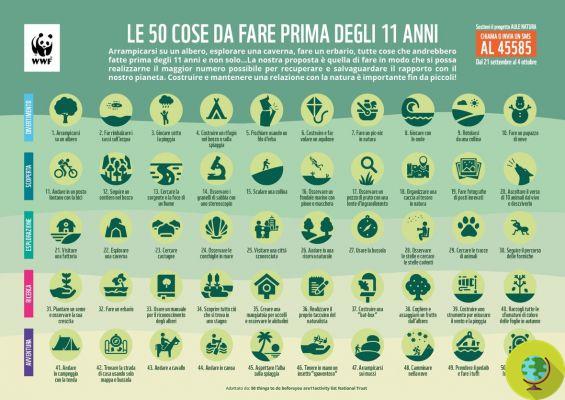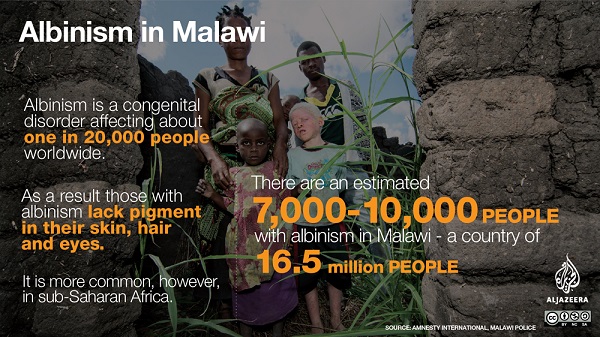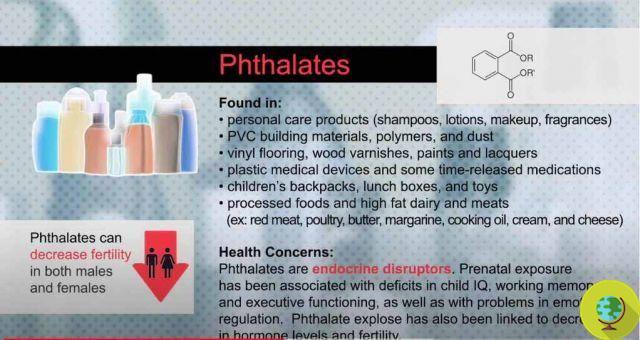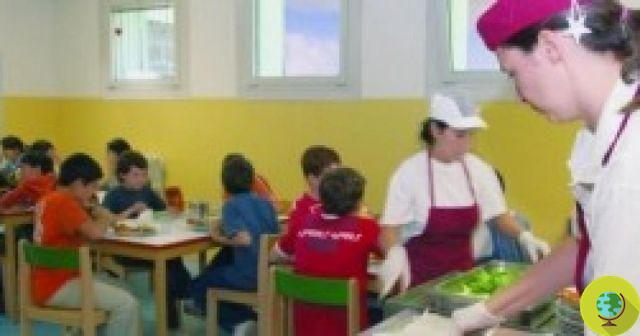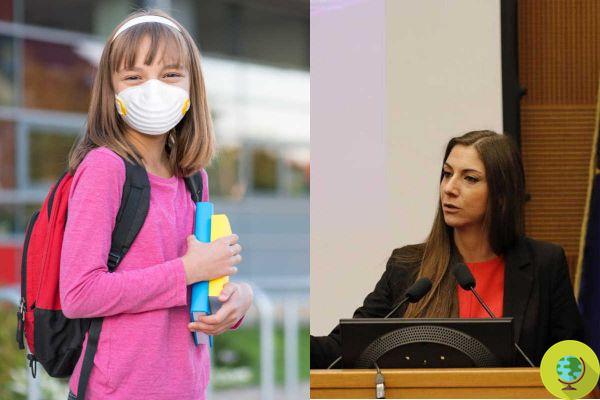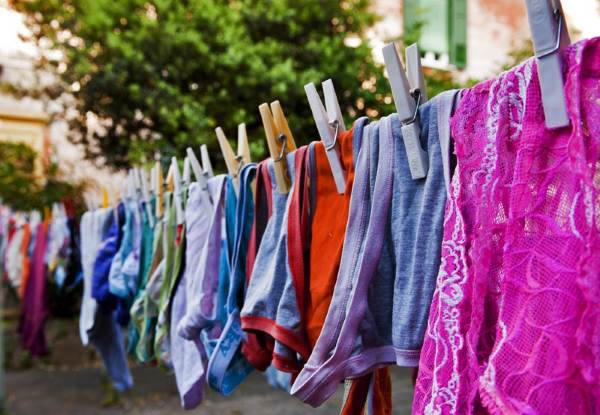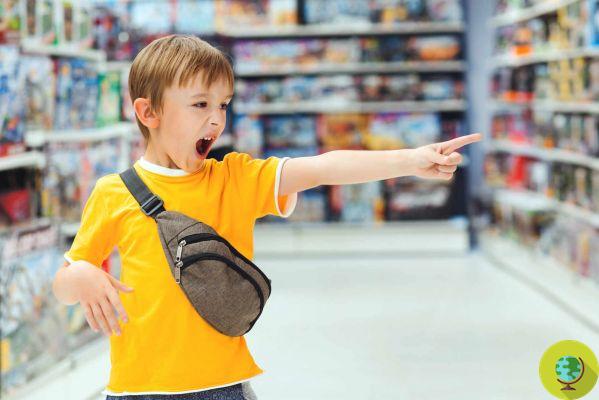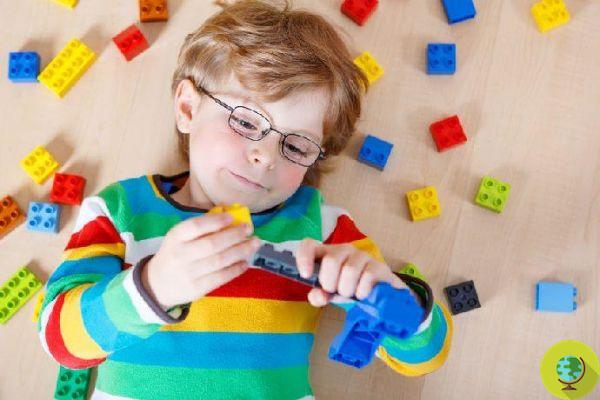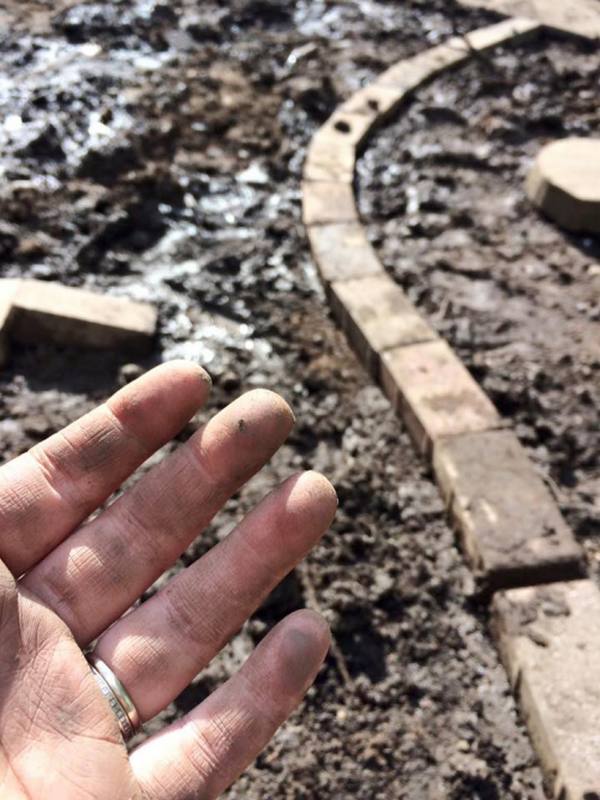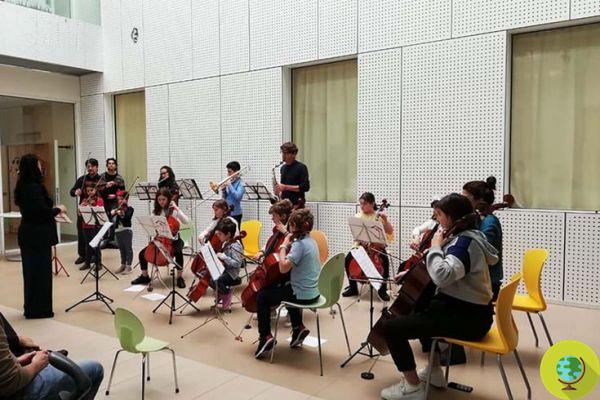
American pediatricians stress the importance of play in children's development.
Don't store avocado like this: it's dangerousPlayful activity has only beneficial effects on the psychophysical health of children and their development. Let's play them!
Children have to play and, almost almost, pediatricians will come to prescribe it. This is the provocation that comes from American pediatricians who are not in the way that parents and children of the last generations are taking: children need to develop a series of skills to optimize their development and manage stress and it is possible only and only with the game.
In the latest issue of Pediatrics, the journal of the American Academy of Pediatrics, doctors want to demonstrate that developmentally appropriate play with parents and peers is a unique opportunity to promote socio-emotional, cognitive, linguistic and self-regulation skills that create executive function and a pro-social brain. In addition, the game supports the formation of safe and stable relationships.
In short, no smartphones or electronic devices, my dear parents, there is no escape: it is the game, especially the one played outdoors, that improves the structure and function of the brain, limits the tendency to get distracted and promotes the learning process.
When a child's life lacks safe, stable and "nutritious" games and relationships, pediatricians say, toxic stress can disrupt the development and learning of behavior in society, thus compromising interactions with other people as well.
On the other hand, the mutual joy of a game, the shared communication and tuning (harmonious interaction of service and return) that children - even together with their parents - can experience during play regulate the body's response to stress constitute a clinical relationship from a thousand benefits.
The benefits of the game
Playing, therefore, or in any case spending unstructured free time, is essential for the cognitive, physical, social and emotional well-being of the little ones. Having fun with parents, then, strengthens the bonds of love and connections between family members. In fact, the game:
- stimulates him brain development: playing causes the brain to create more and more nerve connections, particularly in the frontal lobe, the center of planning and decision making
- stimulates the creativeness and imagination
- feeds mental skills that allow you to manage attention and time, to plan and organize and to remember details
- develops the elaboration of a "Theory of the mind", that is the ability to put oneself in the other's shoes
playing outdoors also relieves stress, staves off depression and stimulates vitamin D production
This is why the American Academy of Pediatrics argues that the game should be prescribed for families, as if it were a drug, but also to schools, where less and less time is also dedicated to breaks, physical education, art and music.
In the meantime, we invite our children to play and, as soon as we have a moment's respite, let's do it with them too. A reward mechanism will be activated that will have no equal and will be good for the whole family. Here you will find some little ideas on outdoor activities and have fun!
Read also
- Busy Bags to keep children busy (without smartphones and tablets)
- Great cardboard games: the book that explains how to recycle cardboard with children
Germana Carillo




